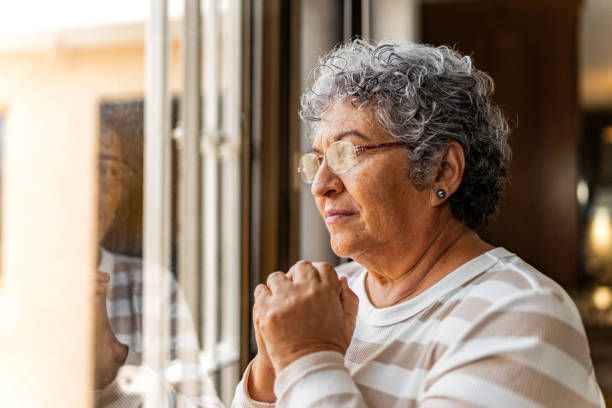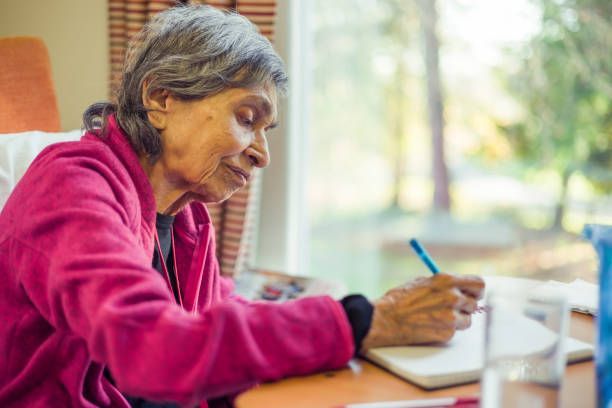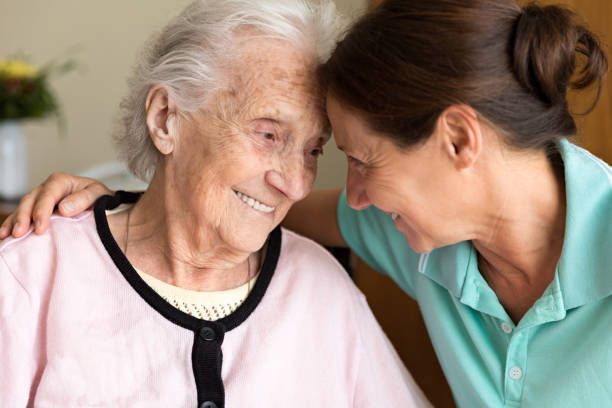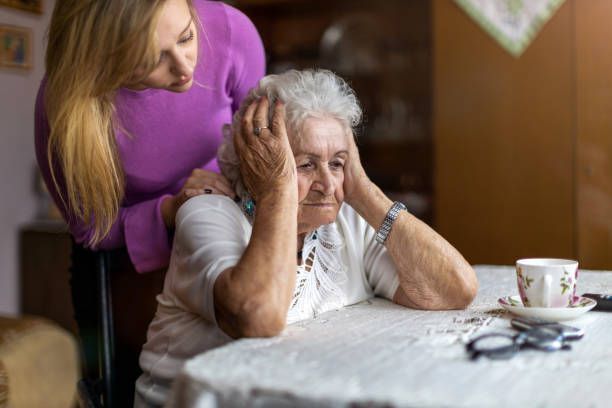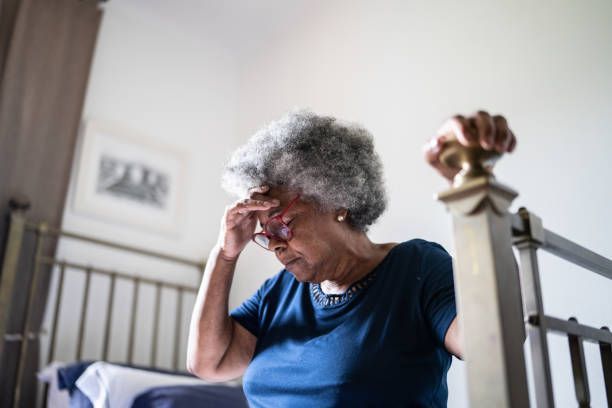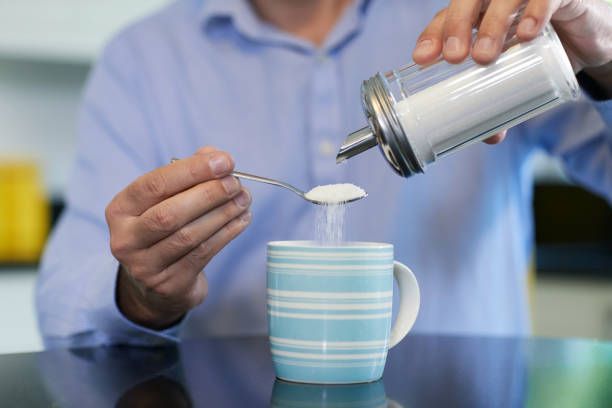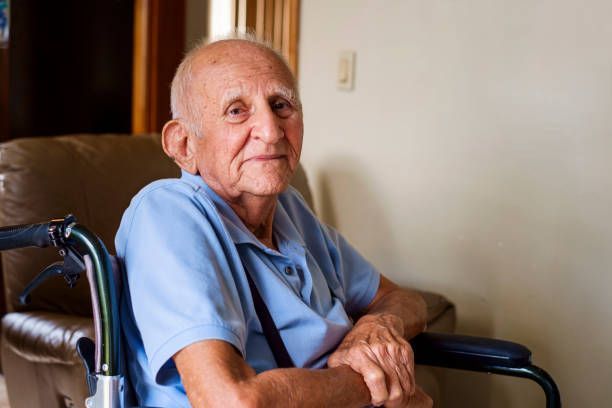Understanding Life Expectancy After a Mini Stroke
Understanding Life Expectancy After a Mini Stroke
According to Cleveland Clinic, up to "one in five patients" who have a first transient ischemic attack (TIA), or mini stroke, "will have a permanent stroke within three months." TIAs are temporary, but they can indicate that a stroke could happen. The "risk of having a stroke within 90 days of a TIA is between 2% and 17%." "Half of these strokes occur within 48 hours." A recent review found that a "person's life expectancy decreases by about 4% in the first year after a mini stroke, and by 20% in the following nine years." However, life can be almost completely normal if the patient is treated by a doctor.
TIAs don't cause permanent brain damage, but they can indicate that a stroke could happen in the future. Treating the conditions that caused the TIA can help prevent a stroke. Common treatments include medications, catheter-based procedures, and surgery. Some people who have a TIA may experience lasting impairments, such as: fatigue, depression, anxiety, cognitive impairment, and communication difficulties.

Mini strokes, also known as transient ischemic attacks (TIAs), are warning signs of potential stroke and should not be ignored. While the immediate effects of a mini stroke may be temporary, they can still have significant implications for an individual's long-term health and well-being. At 7 Day Home Care, we specialize in post-stroke recovery in-home care, serving clients in Manhattan, Queens, Brooklyn, and Long Island, New York. In this article, we will explore what a mini stroke is, its signs and symptoms, and what to do if you or someone you know experiences a mini stroke. Additionally, we will discuss life expectancy after a mini stroke and the importance of post-stroke care in promoting recovery and preventing future strokes.
What is a Mini Stroke?
A mini stroke, or transient ischemic attack (TIA), occurs when there is a temporary disruption in blood flow to part of the brain. Unlike a full-blown stroke, which results in permanent damage to brain tissue, the symptoms of a mini stroke typically resolve within 24 hours. However, mini strokes should not be underestimated, as they are often warning signs of an increased risk of a more severe stroke in the future.
Signs and Symptoms of a Mini Stroke
The signs and symptoms of a mini stroke are similar to those of a stroke but typically last for a shorter duration. Common symptoms of a mini stroke may include:
- Sudden weakness or numbness, especially on one side of the body
- Difficulty speaking or understanding speech
- Vision changes, such as blurry vision or double vision
- Dizziness or loss of balance
- Severe headache, often accompanied by confusion or altered consciousness
It's important to note that not all mini strokes cause noticeable symptoms, which is why they are sometimes referred to as "silent" strokes. However, even if symptoms are mild or temporary, it is crucial to seek medical attention immediately, as mini strokes can still cause damage to the brain and increase the risk of a more severe stroke in the future.
What to Do When Experiencing a Mini Stroke
If you or someone you know experiences symptoms of a mini stroke, it is essential to act quickly. Remember the acronym FAST:
- Face: Ask the person to smile. Does one side of their face droop?
- Arms: Ask the person to raise both arms. Does one arm drift downward?
- Speech: Ask the person to repeat a simple phrase. Is their speech slurred or strange?
- Time: If you observe any of these signs, call emergency services immediately. Time is critical in treating a mini stroke and preventing further damage.
Additionally, while waiting for emergency services to arrive, it's essential to keep the person calm and comfortable. Encourage them to rest and avoid any strenuous activity.
Life Expectancy After a Mini Stroke
The prognosis after a mini stroke varies depending on several factors, including the individual's overall health, the severity of the mini stroke, and how quickly they receive treatment. While mini strokes themselves do not typically cause long-term disability or significantly impact life expectancy, they are significant warning signs of an increased risk of a more severe stroke in the future. It's essential for individuals who have experienced a mini stroke to take proactive steps to reduce their risk of future strokes. This may include:
- Following a healthy lifestyle, including a balanced diet, regular exercise, and avoiding smoking and excessive alcohol consumption
- Taking prescribed medications to manage underlying conditions such as high blood pressure, diabetes, and high cholesterol
- Attending regular medical check-ups and monitoring for any changes in health or symptoms
Medical News Today explains "a person’s life expectancy after a mini stroke reduces by around 4% in the first year following the attack in comparison to people who have not had one. In the following 9 years, life expectancy reduces by 20%." "However, a TIA increases the risk of stroke to around 20% within 3 months, with around half of all strokes occurring within 48 hours of the initial symptoms. This is why it is critical to take mini strokes seriously and seek emergency medical attention."
According to Healthline "having a TIA puts you at an elevated risk of having a more severe stroke in the future, especially in the 3 months after a TIA. Getting immediate medical attention and receiving a timely diagnosis and treatment are important steps in helping to reduce your risk of a future stroke. Many people who have a TIA go on to live a long, full life. Following a doctor’s advice, making specific lifestyle changes, and managing other health conditions such as diabetes, hypertension, or heart disease, are key steps in reducing your stroke risk and prolonging your life."
The information provided in this article about understanding life expectancy after a mini stroke is intended for informational purposes only and should not be construed as medical advice or a substitute for professional medical care. While we strive to ensure the accuracy and reliability of the information presented, individual circumstances may vary, and medical knowledge is constantly evolving. Readers are strongly encouraged to consult with qualified healthcare professionals for personalized guidance and treatment recommendations based on their specific medical history and needs.
Post-Stroke Recovery and In-Home Care:
After experiencing a mini stroke, individuals may benefit from post-stroke recovery in-home care to support their rehabilitation and recovery journey. At 7 Day Home Care, our highly experienced and trained team of home health aides specializes in post-stroke care, providing personalized support and assistance tailored to each client's unique needs and goals.
Our services may include:
- Assistance with activities of daily living, such as bathing, dressing, and grooming
- Medication reminders and monitoring
- Physical therapy exercises to improve mobility and strength
- Speech therapy to address communication difficulties
- Emotional support and companionship to promote overall well-being
By receiving comprehensive post-stroke care in the comfort of their own home, individuals can optimize their recovery outcomes and minimize the risk of future strokes.
While a mini stroke may be temporary, its implications for long-term health and well-being should not be underestimated. Prompt recognition of the signs and symptoms of a mini stroke and seeking immediate medical attention are crucial steps in preventing further damage and reducing the risk of future strokes. At 7 DayHome Care, we are committed to providing high-quality post-stroke recovery in-home care to support individuals in Manhattan, Queens, Brooklyn, and Long Island, New York, on their journey to recovery and improved quality of life. Contact us today at 516-408-0034 to learn more about our services and how we can assist you or your loved one after experiencing a mini stroke.
Brian Callahan
7 Day Home Care

